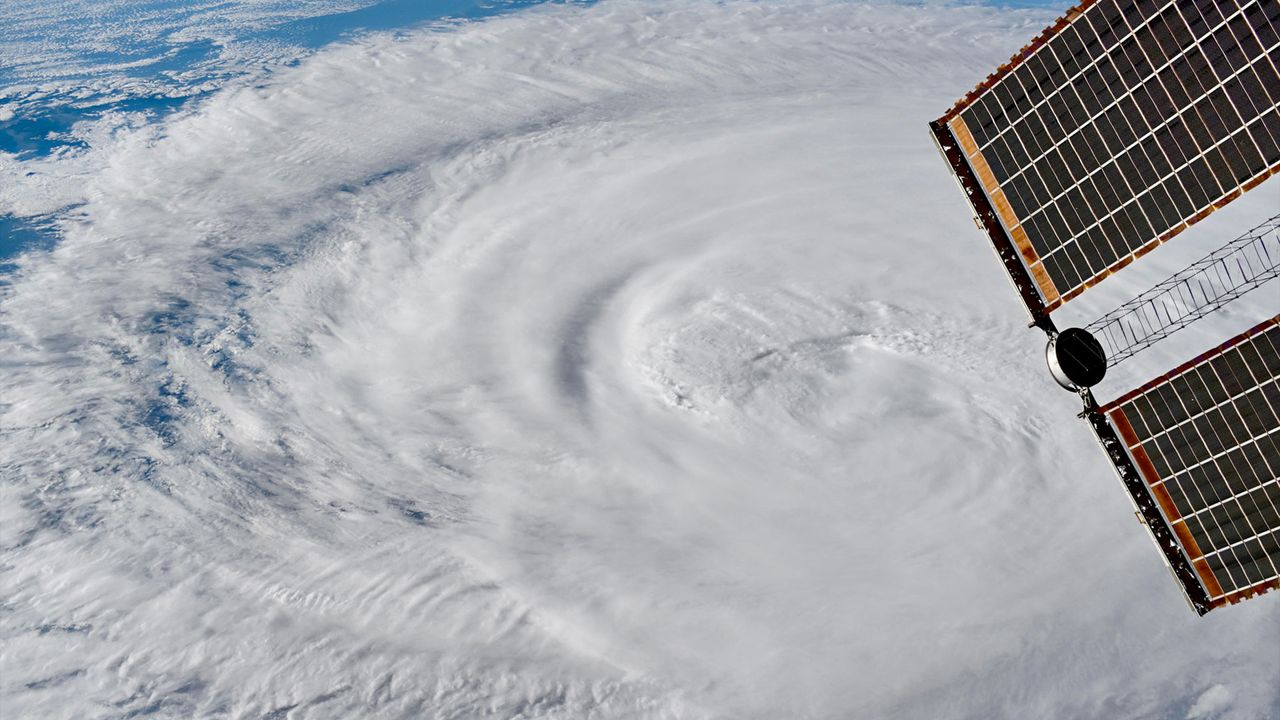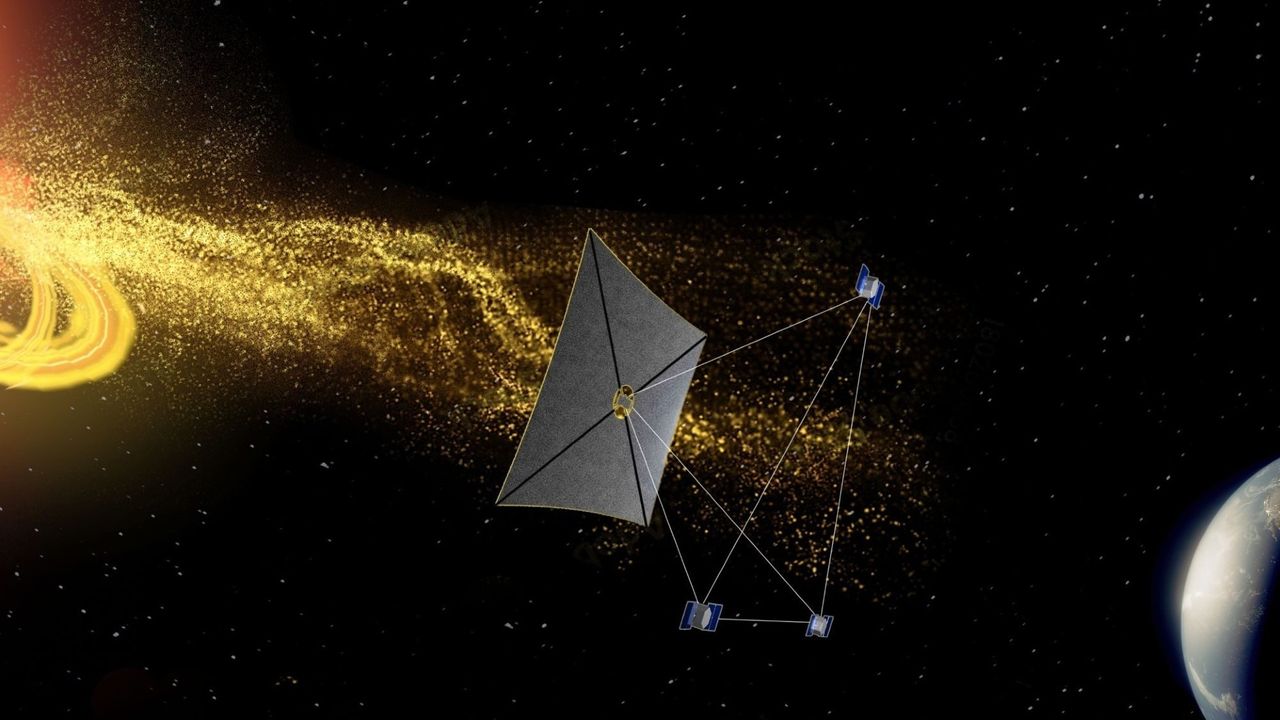Therapy may be the most effective way to ease irritable bowel syndrome
PositiveScience

Recent research indicates that cognitive behavioural therapy (CBT) may be a highly effective treatment for irritable bowel syndrome (IBS), often overlooked until other treatments fail. This finding is significant as it highlights the potential of therapy to provide relief for those suffering from IBS, offering a new perspective on managing this common condition.
— Curated by the World Pulse Now AI Editorial System









